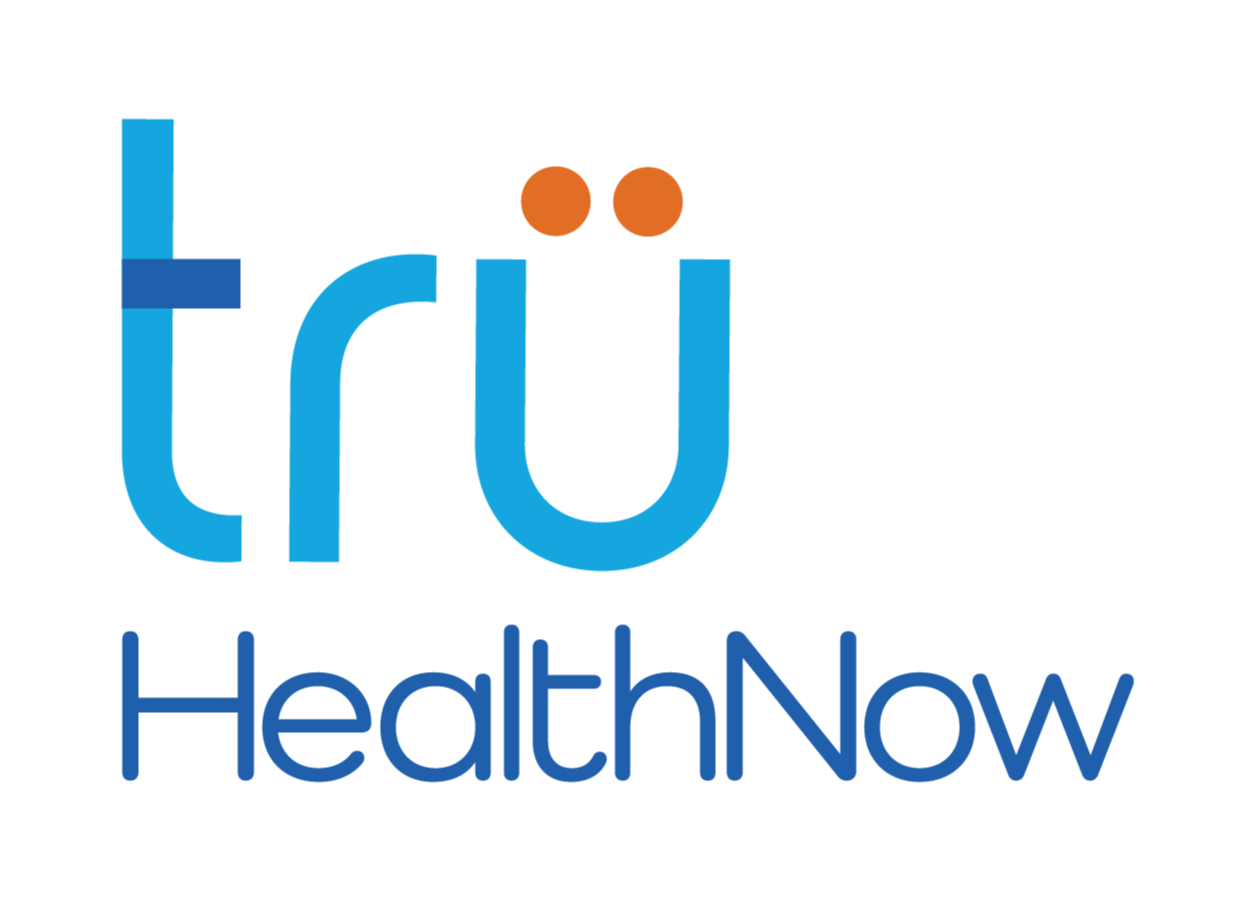
Poison Ivy Rash
Allergies affect persons irrespective of age or gender. Thousands of allergens are there in our environment. The body's immune system showing allergic reactions varies from person to person, and the responses can be itching, sneezing, rashes, etc. One such allergic reaction affecting children is Poison ivy rash.
What is Poison ivy?
Poison ivy is a common plant seen in the US. This plant is found similarly to poison oak and poison sumac. When children get exposed to this plant, they get affected with dermatic allergies. It is because of the chemicals released by the body's immune system when exposed to these plants, which in turn creates a reaction on the skin's surface. Therefore, it is found that most children are allergic to poison ivy.
Poison Ivy Rash:
Poison ivy rash is caused due to an allergic reaction to the poison ivy plant. The allergic reaction is caused due to the chemicals present in the plant. For example, the chemical urushiol is an oil present in the plant. This oil also comes from the smoke released while burning these plants.
This oil can be easily wiped from plants to other things, including clothes, toys, etc., and is responsible for the allergic reaction shown by children's immune systems.
The children, whoever is near the plants like poison ivy, poison oak, and poison sumac, are at high risk of getting an allergic reaction.
Symptoms of Poison ivy Rash:
The child may show the symptoms within some hours or a few days after contracting the poison ivy plant. The list of symptoms of poison ivy rash includes the following:
- Redness
- Swelling
- The bumps will develop where the plant oil has touched the skin
- Later, the bumps will develop into blisters
- Sometimes, the developed blisters will break open, and ooze comes out from the blisters.
- The fluid will come from the blisters, which do not spread the rash.
- The children may feel itching around the oil-touched skin
- Sneezing or coughing if they are primarily exposed to the plant
How to Diagnose Poison ivy Rash?
If your child is not feeling well or good after you find that they have been exposed to poison ivy plants, immediately take them to the doctor or health care professional and have a proper medical diagnosis and treatment. The doctor may ask about your child's health history, and he can observe the symptoms and take necessary care.
Treatment For Poison ivy:
After diagnosing the allergic reactions, give proper medications and treatment to the children to prevent the spread and other consequences. Additionally, you can follow some of the steps if your child is affected by the plant poison ivy:
- Bath your child in the water mixed with colloidal oatmeal.
- Give cool and wet clothes to your children to wear.
- Apply calamine solution or corticosteroid cream to the affected skin.
- If the child suffers from severe itching, liquid diphenhydramine can be given via mouth.
If the symptoms are severe, like the children inhaling much smoke from the plant, having a large rash on the skin, or severe itching, immediately contact the doctor. The doctor may suggest prescriptions containing corticosteroid creams, liquids, or pills.
Also, ensure the rash is not spreading from one area to another. And in some cases, the rash may get infected with bacteria leading to other problems.
Prevention From Poison ivy Rash:
Take care that your children are aware of these plants and that they are not touching these plants.
- Keep your children very healthy, precautious, and hygienic.
- Ensure your children learn about plants and pets and how to be aware of allergens. Wash their clothes, shoes, and belongings frequently and keep them clean.
- When you notice the child is suffering after contacting the plant, immediately take the child to the doctor and follow the medications.
- To avoid these problems and complications, the plants can be uprooted or replaced in other areas where the children cannot touch or smell them.
- The children can also be taught about the plants, chemicals, and the allergic responses and reactions given by the immune system to those plants.
- Parents should also be responsible if such plants are grown in the home or nearby gardens.
- If a pet is in the home, the parents should be aware of how the children behave with the pets, and any infections can be passed from the pets to the dogs.
- If it is known that the child is allergic to a particular thing, it can be avoided from their routine life.
Conclusion:
Parents should take care of their children in every movement especially when allergy-causing plants like poison ivy are around. Also, teach them about everything around them that can cause harm. The budding learners will understand what we teach them. Teach them what poison is, what to touch, and what to avoid.
Sign up for our newsletter






%201.png)
